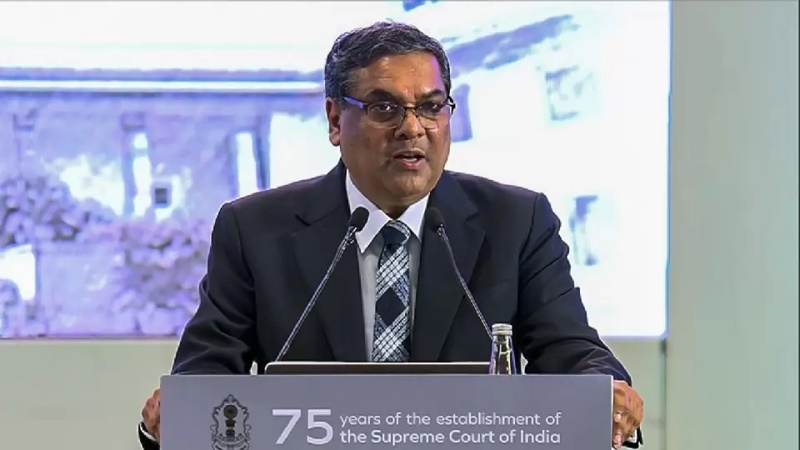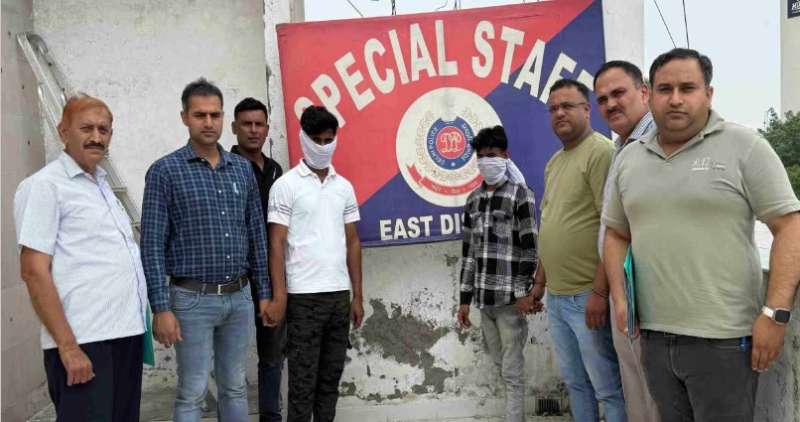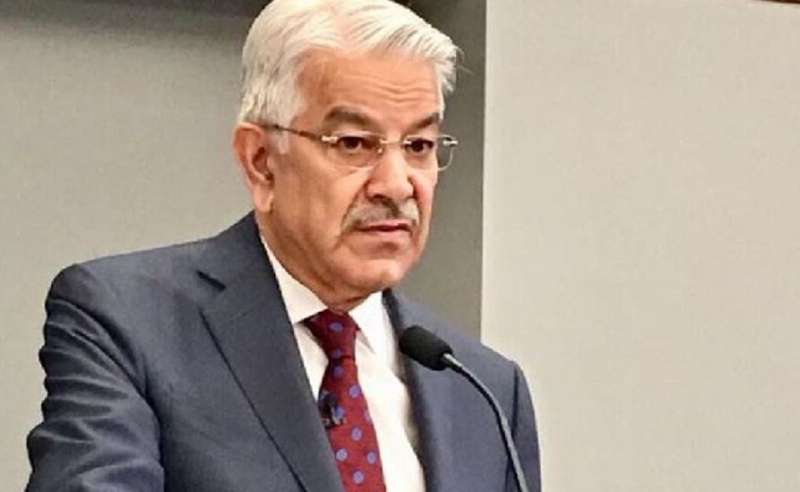 New Delhi: Justice Sanjeev Khanna has been appointed as the Chief Justice of India (CJI) and will officially take office on November 11, 2024. He will be the 51st Chief Justice of the country, succeeding the current CJI, Justice DY Chandrachud, who is retiring on November 10. Law Minister Arjun Ram Meghwal confirmed this appointment, following the recommendation made by Justice Chandrachud for Justice Khanna to be his successor.
New Delhi: Justice Sanjeev Khanna has been appointed as the Chief Justice of India (CJI) and will officially take office on November 11, 2024. He will be the 51st Chief Justice of the country, succeeding the current CJI, Justice DY Chandrachud, who is retiring on November 10. Law Minister Arjun Ram Meghwal confirmed this appointment, following the recommendation made by Justice Chandrachud for Justice Khanna to be his successor.
Justice Khanna’s tenure as Chief Justice will be brief, lasting approximately six months, as he is scheduled to retire on May 13, 2025.
Who is Justice Sanjeev Khanna?
Justice Sanjeev Khanna began his legal career after registering with the Delhi Bar Council in 1983. He initially practiced in the district courts at Tis Hazari, focusing on various areas such as constitutional law, arbitration, commercial law, company law, and criminal law. His early career saw him serve as the Senior Standing Counsel for the Income Tax Department and later as Standing Counsel (Civil) for the National Capital Territory of Delhi.
Known for his expertise in criminal law, Justice Khanna frequently appeared as Additional Public Prosecutor in the Delhi High Court. He also played the role of amicus curiae to assist the Delhi High Court in several important cases.
In 2005, Justice Khanna was appointed as an Additional Judge of the Delhi High Court and was made a permanent judge in 2006. His legal career spans decades of experience across various fields, marking him as a prominent figure in India’s judiciary.
Key judgments and decisions by Justice Sanjeev Khanna
Justice Sanjeev Khanna has made significant contributions to Indian jurisprudence during his tenure, both at the High Court and Supreme Court levels. Some of his notable decisions include:
- Interim Bail for Arvind Kejriwal: Justice Khanna granted interim bail to Delhi Chief Minister Arvind Kejriwal, allowing him to campaign during the 2019 Lok Sabha elections.
- VVPAT Verification Case: He rejected a plea that sought 100% VVPAT verification of votes cast through Electronic Voting Machines (EVMs), heading the bench in this matter.
- Electoral Bond Scheme: Justice Khanna was part of a five-judge bench that declared the Electoral Bond Scheme unconstitutional.
- Abrogation of Article 370: Justice Khanna was also a member of the five-judge bench that upheld the central government’s decision to abrogate Article 370, which granted special status to Jammu and Kashmir.
Official announcement
Law Minister Arjun Ram Meghwal, in an official statement, said, “The Hon’ble President, exercising the power conferred by the Constitution of India, after consultation with the Hon’ble Chief Justice of India, is pleased to appoint Justice Sanjeev Khanna, Judge of the Supreme Court of India, as the Chief Justice of India with effect from November 11, 2024.”
Justice Khanna’s appointment marks the beginning of a new chapter in the judiciary, with his vast experience expected to play a crucial role in addressing important legal issues during his tenure.




